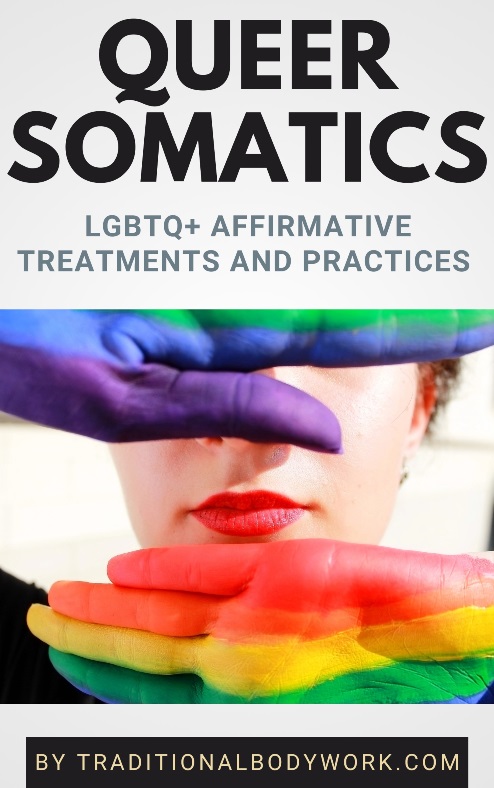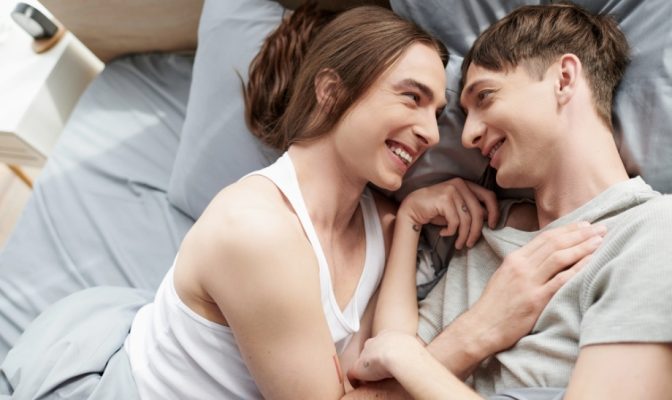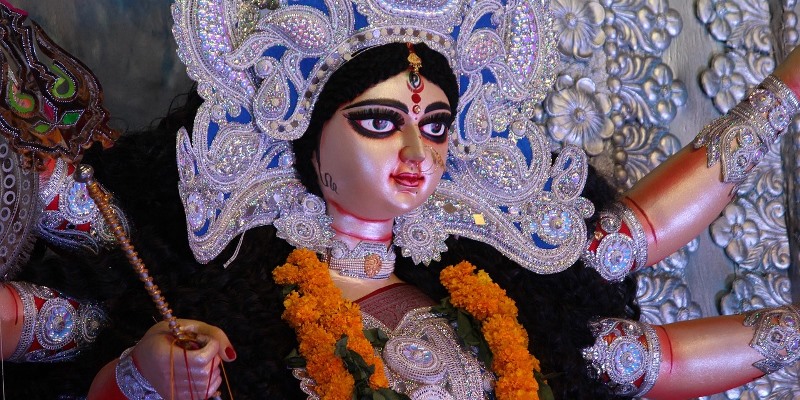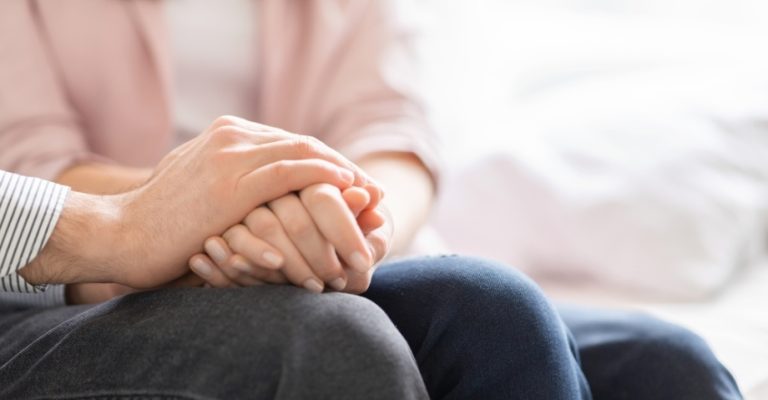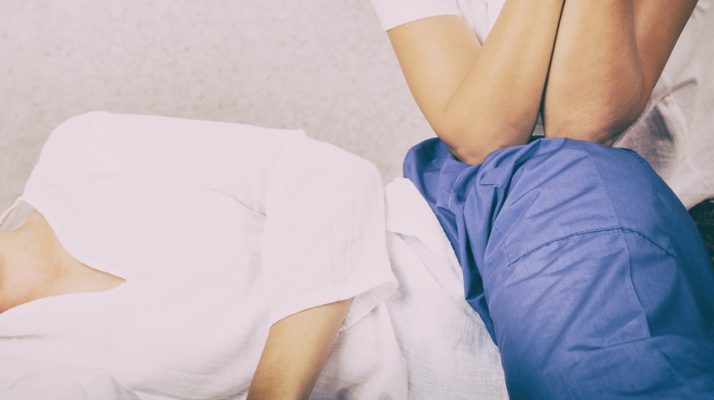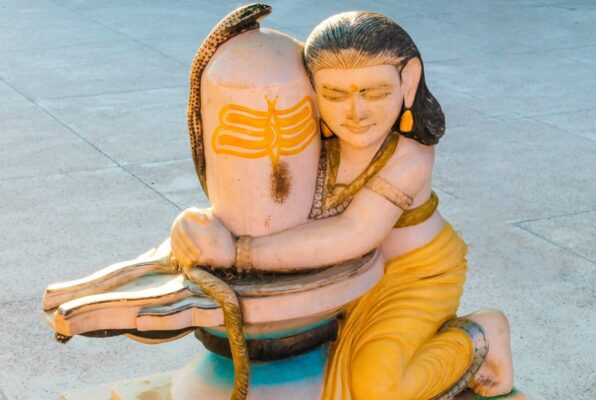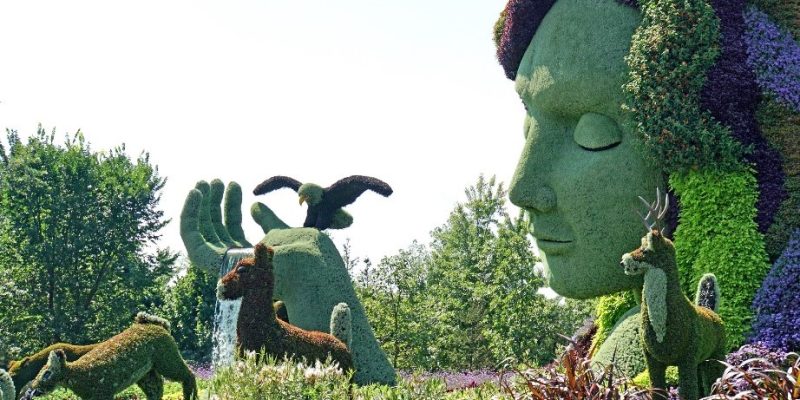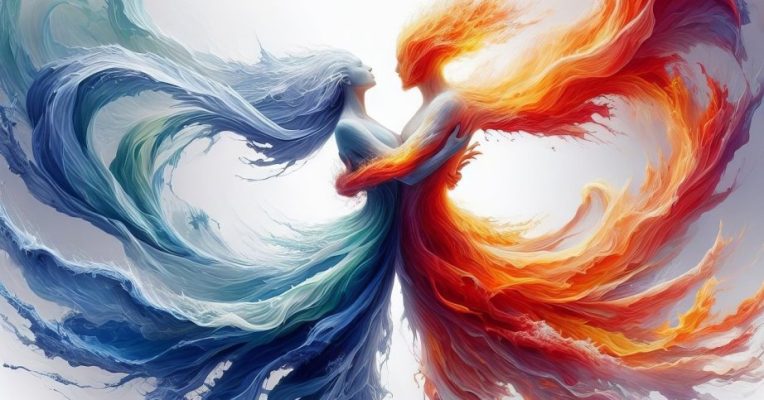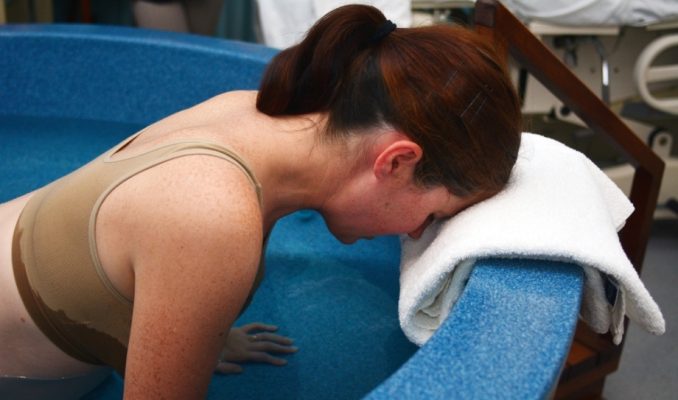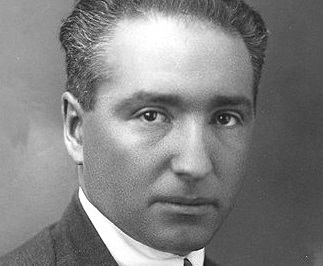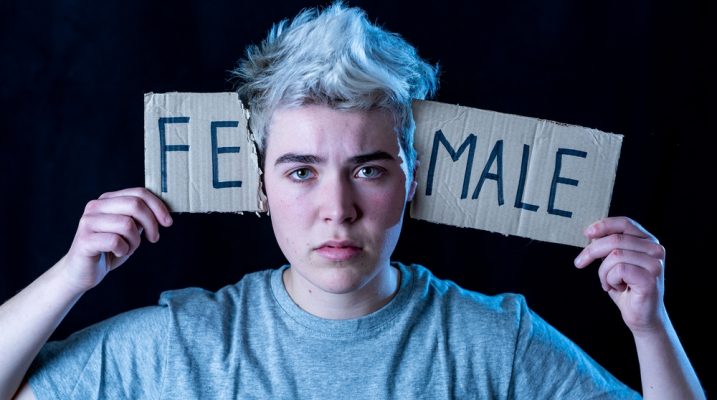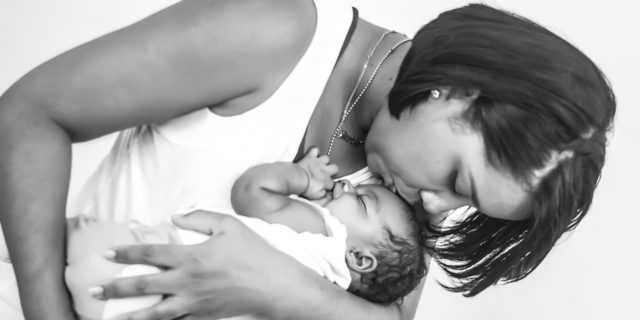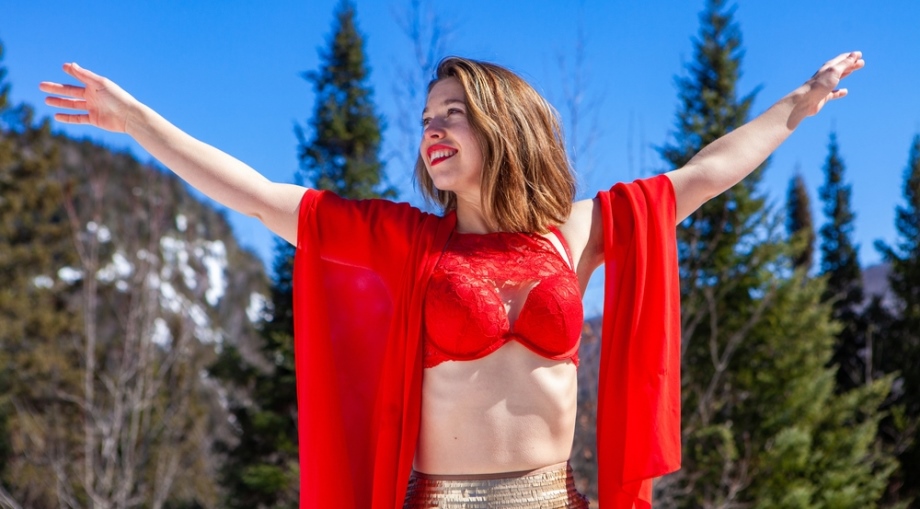
Womanhood versus motherhood is an interesting topic because there’s so much to say there. But first this: no one is born either into womanhood nor into motherhood. That is, it’s a concept, idea, feeling, and lived experience that only develops later in life from puberty onwards into adolescence and then into adulthood — for girls, or for those who identify as female.
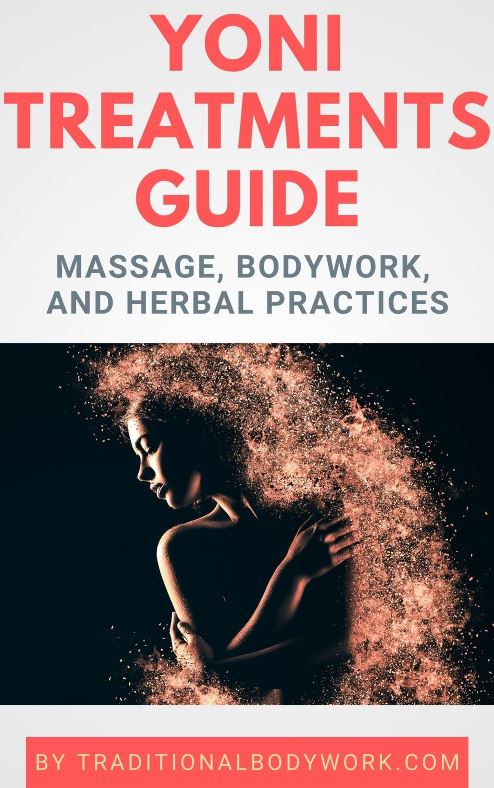
Every girl grows into (some kind of) womanhood, but not all will experience or want to experience motherhood. In a narrow sense, we could say that motherhood only applies to those women who give birth to a baby (and take care of it) or to those who take “motherly” care of children in general, either in a foster, adoption, or other setting. Nonetheless, it also needs to be said that not every woman who takes care of their own or other’s children “feel,” experience, or want motherhood.
Another thing is that “motherhood” isn’t necessarily a thing that relates to having a baby or taking care of children. It can be used in the sense of “taking care” in a general sense, or “enabling,” “protecting,” and/or “nurturing,” among other connotations. Just think about someone who would say: “She was like a mother to me,” and you would know what I mean by this.
Nonetheless, motherhood could be defined as being part of womanhood. In that sense, womanhood is the broader “umbrella” under which you may also find motherhood. Yet, it’s important to note here that motherhood doesn’t define womanhood — as said, it may be part of it. Or said otherwise — feeling or being a mother (or having a mother role) is not a necessity to feeling fully woman or experiencing full womanhood.
Although of course complete nonsense, we do need to realize that there are still many people out there who think that women who don’t have or don’t want to have children (or don’t take care or don’t want to take care of them) are “not entirely woman.” They are considered to be “lacking something,” or being “immature” or “egoistic or egotistic,” and sometimes they’re even being accused of not doing the “most important” task in life that Nature or God has laid out for them.
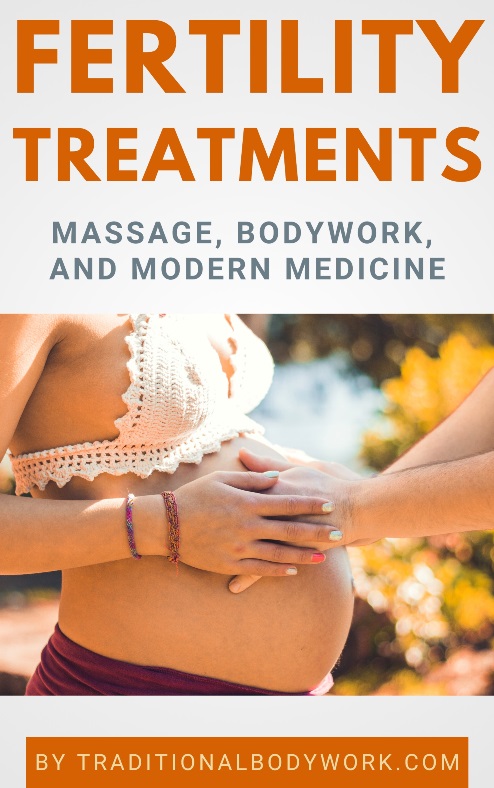
So, womanhood is about what it means to be a woman. And what it means to be or feel woman is actually different for each individual woman. There are of course similarities and overlap, but honestly, it’s fairly impossible to create an objective, universal definition of womanhood. It’s a tricky subject.
For instance, there are women who feel that they need to be married to be a “real woman” and thus experience “real womanhood.” Yet, there are also many woman who don’t connect marriage to womanhood at all. And then, to give another example, there are others who feel that womanhood includes having long hair, large breasts, or wearing make-up, and then again others who don’t see that as something necessary to feel or be into the experience of womanhood. And so on.
Of course, womanhood has obviously also to do with the biological characteristics a person is born with, notably having a vulva/vagina and womb. Those who are born as “the female species” are more likely to have a future emotional relationship with womanhood and/or motherhood. Nevertheless, there are likewise those who are born with biological male characteristics who nonetheless “feel woman.” Just as there are biological females, who feel “man” or experience a kind of “manhood” development in their lives. Hence, biology has definitely something to do with it, but it’s not all-defining.
It’s also important to note that there are people who don’t identify with either a male or female gender, and for whom the whole dual concept of male-female i.e. man-woman, or womanhood and manhood simply doesn’t resonate.
In fact, it’s increasingly agreed upon that terms like motherhood, womanhood, or manhood are societally imposed roles, meaning that gender roles are imposed on biological characteristics. It’s more a cultural thing, and when we look at different countries and societies, we can observe that the meaning of what exactly is considered womanhood or motherhood varies. It rather looks like the whole idea of womanhood or manhood is very shaky, very localized, era-based, and highly conceptual.
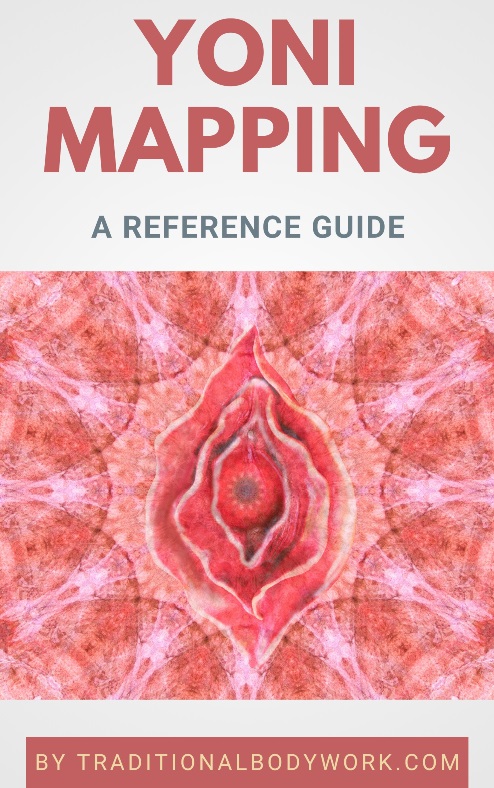
That doesn’t mean that thoughts and observances of womanhood, motherhood, fatherhood, and manhood have no effects. They definitely have profound consequences for the make-up of society, and it forms people, forms ideas and behavior, and they can make the lives of people rather difficult if they don’t adhere to the common designated gender/sex roles.
We live in times where ideas and designations around the terms man and woman, male and female, and hence womanhood and manhood are fairly “loaded” topics. That is, there are those who increasingly reach back to conservative ideas about male and female gender roles and others who stand on the progressive side and who strongly object those.
In the past hundred years or so — under influences of phenomena like Wilhelm Reich’s Sexual Revolution, the Free Love movement, Feminism, and the rise of the voice of the LGBTQ+ community — it seemed that things became more progressive and open-minded, but in the past then years it cannot be denied that we’re clearly on the way back.
Nonetheless, I’m convinced these are cyclical phenomena. It’s how human civilization works. It’s a constant repetition, one that reminds me of Friedrich Nietzsche’s idea of the “eternal recurrence,” which is his idea that life repeats infinitely, with each repetition being identical.
A good example hereof is the Tantric practice as it rose and thrived in India between 500 CE and 1500 CE. Rooted in Hinduism, it strongly proclaimed the divine unity of things — non-duality — forcefully embracing the ancient Indian Yoni-Lingam concept i.e. Shakti-Shiva union.

In Tantra, duality is just the appearance, not the real immanent truth. It’s interesting to observe that the symbolic representation of the Yoni (female aspect) is always accompanied by the symbolic representation of the Lingam (male aspect); that is, the Yoni is represented in the form of a horizontally positioned square, ellipse or round base with an edge and an opening in the center, and typically you will see a cylindrical shaped Lingam (the Yoni’s masculine counterpart) placed in it, standing up in the center.
Moreover, the idea of Yoni embraces all aspects of female power and manifestation (which is considered a type of energy contrasted to the male energetic aspect), may that be womanhood, motherhood, female sexuality, creative force, nurturing care, or fertility. And although physically and symbolically represented by the biological woman, it’s clearly understood in Tantra that dual female and male energies can always be found both in women and in men. Hence, in Tantra the material, biological form is considered just “form” and not “essence.”
In any case, going back to the title of this post “Womanhood versus Motherhood | Is There a Difference?,” well, it clearly depends on who you ask and how one approaches the topic or look at it. Apart from having physical (biological), emotional/mental, and spiritual aspects, both womanhood and motherhood are very differently defined across different cultures or societies, and likewise differently per individual person.



